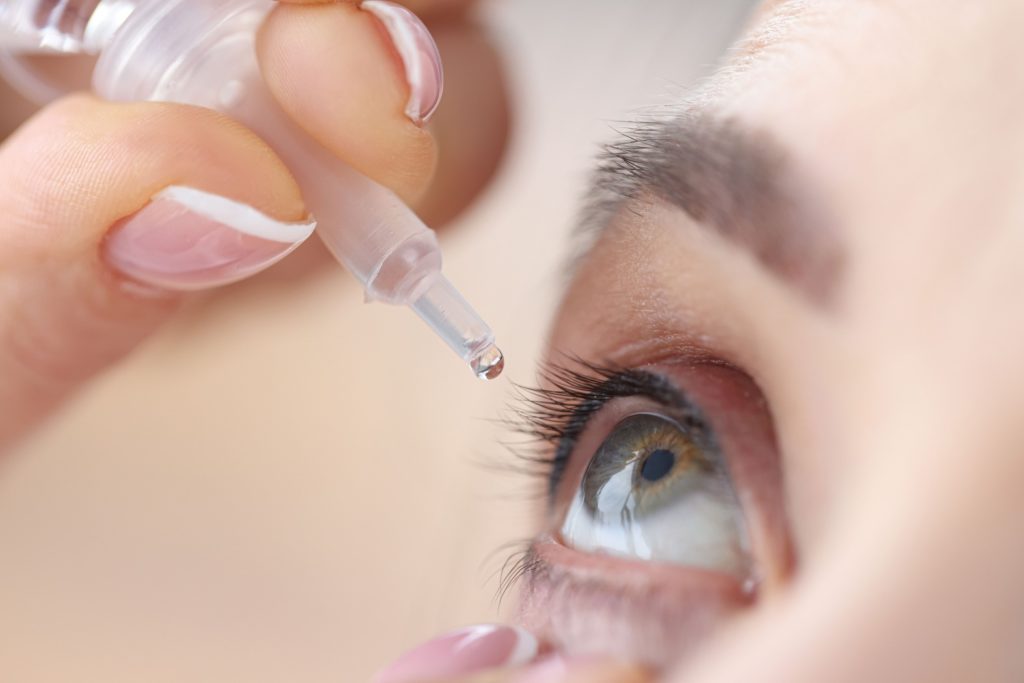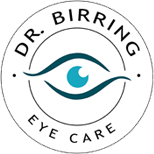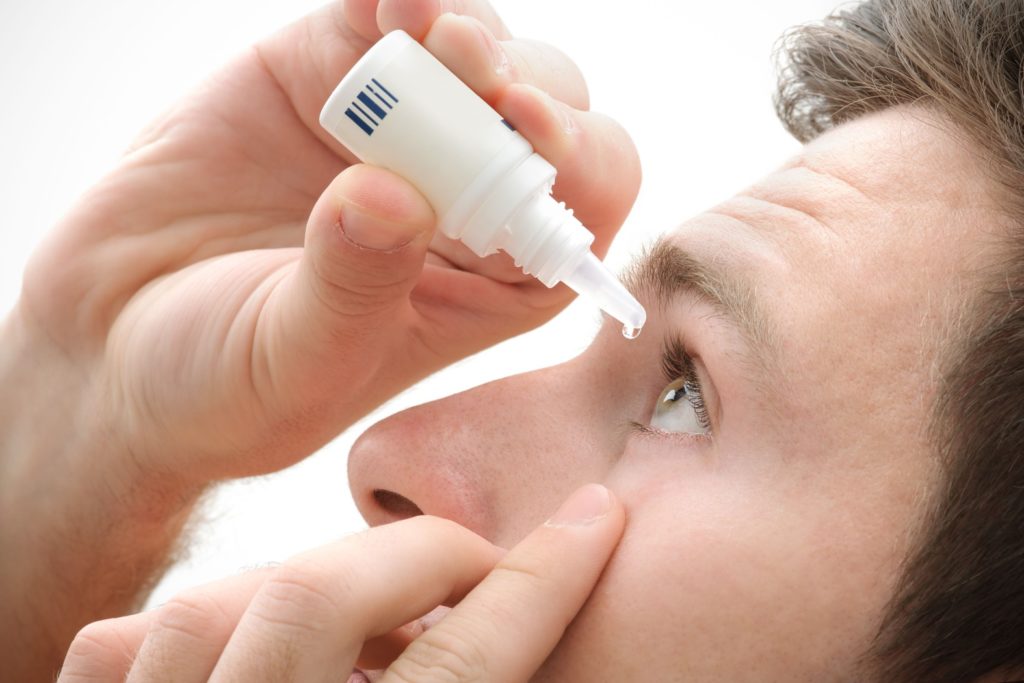Eye drops can be a great way to find relief from all kinds of eye conditions. From dry eye to allergies, glaucoma to general inflammation, there are plenty of options designed to help you find fast relief. However, it’s essential to regularly check the expiration dates and only apply eye drops that are still safe to use.
While eye drops are often a sterile solution, they’re still vulnerable to bacterial exposure. The seals can wear down over time and simply lose their effectiveness. They can easily transmit bacteria to your eyes when they expire, so avoid using expired drops. Instead, visit your optometrist to pick up a new bottle; your eyes will thank you!
Are There Different Types of Eye Drops?
Eye drops are a simple approach, but that doesn’t mean they aren’t effective. These drops are specifically designed to address a wide range of eye-related issues by stimulating and promoting healthy tear production.
There are options to help you find relief from plenty of different situations, such as:
- Anti-inflammatory drops to reduce redness and swelling
- Allergy drops to alleviate itching and irritation
- Dry eye drops to lubricate and moisturize the eyes
- Glaucoma drops to reduce eye pressure
- Dilating drops used for myopia control and eye exams
However, there’s a bit of a catch. These drops aren’t universal; each type has a specific purpose. If you try to use allergy drops to treat glaucoma, they won’t be effective, so it’s crucial to use only the drops designed to treat your situation. Otherwise, you might be risking some unwanted side effects.
While some eye drops require a prescription, many can be found over the counter, such as those designed to treat allergies. If you need a prescription for eye drops to treat an eye condition, your optometrist can help.
How Long Do Eye Drops Last?
Eye drops’ shelf life can vary. An extremely important factor here is whether or not they contain preservatives.
When eye drops have preservatives, they have special additives to help prevent bacterial buildup. However, this also makes the drops a little harsher; some people find these irritating their eyes. These drops tend to last significantly longer than drops without preservatives.
On the other hand, preservative-free eye drops have a shorter shelf life. They don’t have any special additives, making them slightly more vulnerable to bacterial buildup. This lack of preservatives also means that they’re slightly easier on the eyes and less likely to cause overall irritation.
It’s important to note that even if your drops have preservatives to maximize their shelf life, all eye drops have an expiration date. Past this date, you should consider them unsafe to use due to:
- The drop solution losing its potency
- Harmful bacteria buildup in the drops
- Adverse side effects due to chemical changes in the solution
Using eye drops past their expiration date increases the likelihood of developing eye infections, irritation, and other problems. Always check the expiration date!
How to Properly Use Eye Drops
If you’re using eye drops for the first time, it can be a bit of an unusual experience. After all, your instincts probably tell you to close your eyes. It helps to follow these guidelines to make sure you’re safely—and effectively—using your eye drops:
- Check the expiration date and discard any expired drops.
- Always wash your hands before handling the bottle or vials. Dirty hands can easily transmit bacteria to your eyes.
- Gently pull your lower eyelid down and squeeze the prescribed number of drops into the pocket formed.
- Avoid touching the tip of the bottle or vial to your eye or any other surface.
- Close your eye for a few seconds to prevent the drops from draining or flushing out.
- Seal the bottle and wash your hands again.
Following these simple steps can make the process significantly easier!
It’s important to note that while eye drops can be extremely helpful, they often can’t address the underlying cause of your eye irritation. If you regularly need eye drops to find relief from an eye problem, you should reach out to your optometrist to figure out what’s causing your symptoms.

What to Do If You Use Expired Eye Drops
If you accidentally use expired eye drops, don’t panic. Follow these steps to help ensure your eyes and vision aren’t at risk for infection or irritation:
- Rinse your eyes with clean water immediately to help remove any potential contaminants
- Monitor your eyes for any signs of irritation, redness, or infection (such as pain or discharge)
- If you experience any of these symptoms, visit your eye doctor as soon as possible
To avoid future issues, always check the expiration date before using eye drops and dispose of them if they are past their use-by date. If you’re unsure whether or not you should use your eye drops, contact your eye doctor for guidance.
Supporting Your Eye Health
Your eyes are precious, and caring for them should be a top priority. While eye drops can be an excellent way to find relief from various eye conditions, it’s crucial to remember to always check the expiration date.
If you have any questions, don’t hesitate to visit our team at Birring Eyecare. We’re here to help you care for your eyes and vision, so book an appointment with us today!



